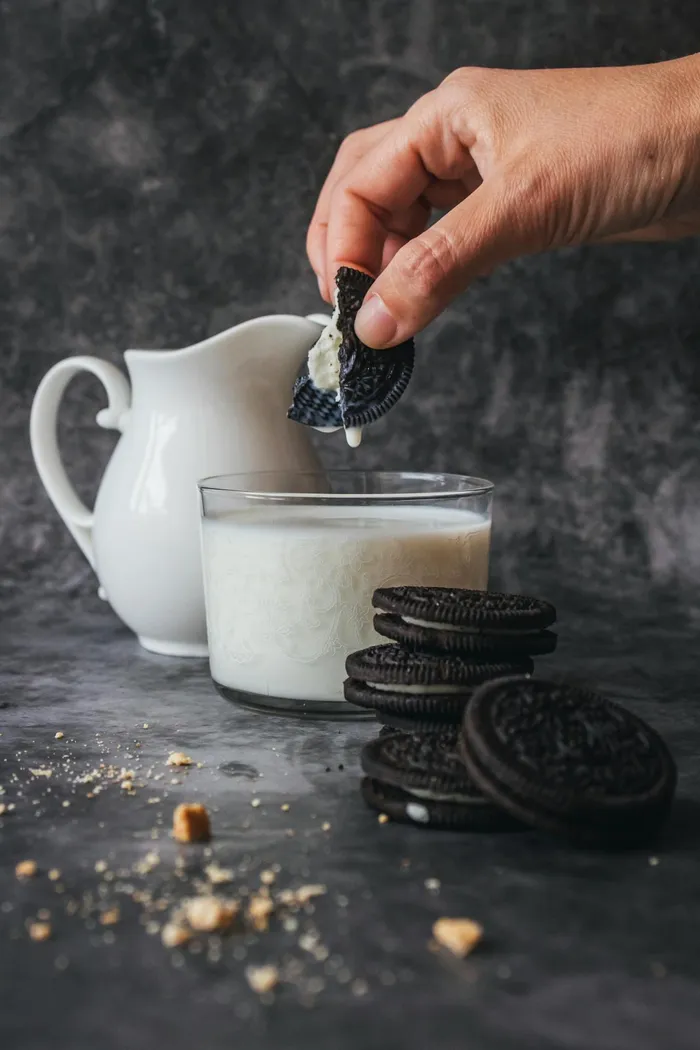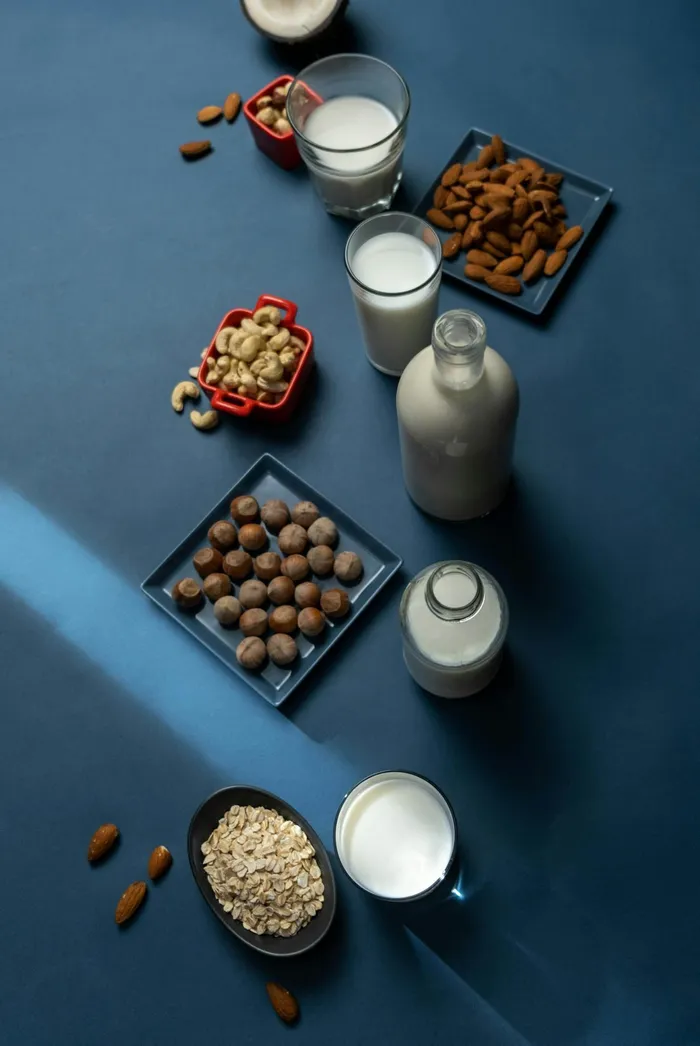Oat milk 101: discover the benefits, nutrition and how to make it at home

Oat milk’s versatility is a highlight; its neutral flavour and creamy texture make it perfect for an array of uses:
Image: Chevanon Photography /Pexels
We may not all be like Onezwa Mbola, the South African home cook who proudly says, “I make meals from items that I have grown, raised, or foraged.”
But more of us are certainly inching closer to that philosophy.
From homemade juices and sourdough starters to nut butters and plant milks, social media has made wellness and mindful eating both aspirational and accessible.
And at the heart of this movement sits one creamy, planet-friendly hero: oat milk. It’s everywhere, from your favourite Cape Town café’s flat white to the grocery shelves in your local grocery store.
But what exactly is oat milk, and why has it become the go-to dairy alternative for so many? Let’s dive in.
What is oat milk?
In simple terms, oat milk is a vegan, dairy-free alternative to cow’s milk made by blending oats with water and then straining the mixture. The result? A creamy, smooth liquid that looks a lot like milk but comes entirely from grains.
Think of it as the plant-based cousin of your morning amasi or cereal milk. According to registered dietitian Jessica Cording, M.S., R.D., CDN, speaking to MindBodyGreen, alternative milk is popular because it's an unsweetened, minimally processed product.
Commercial oat milk often comes fortified with calcium, vitamin D, and vitamin B12, key nutrients also found in cow’s milk. But its exact nutritional profile depends on the brand and whether it’s sweetened or flavoured.

For those who are lactose intolerant, adopting a vegan lifestyle, or simply looking to eat more plant-based foods, oat milk presents a delectable choice, accentuated by its slightly sweet and comforting flavour.
Image: Tijana Drndarski /Pexels
Is oat milk actually healthy?
The short answer: yes, if you choose wisely. Oat milk is naturally free from lactose, nuts, and soy, making it a win for people with allergies or intolerances.
It’s also a source of beta-glucans, a soluble fibre found in oats that’s been shown in studies (including one published in the "European Journal of Clinical Nutrition") to help lower cholesterol and support heart health.
Because it’s lower in protein than cow’s milk, Cording advises making sure “you’re working protein into your meals and snacks as needed.”
In other words, enjoy your oat milk latte, but maybe pair it with a boiled egg or a handful of nuts for balance. Compared to other plant milks like almond, coconut, or rice milk, oat milk typically offers a bit more protein and a thicker texture.
However, cow’s milk still leads the race in terms of natural nutrients like calcium, potassium, and vitamin D. So, if you’re lactose intolerant, vegan, or just looking to eat more plant-based foods, oat milk is a great alternative, especially if you love its slightly sweet, comforting taste.
Beyond personal health, oat milk also has a lighter environmental footprint than dairy, almond, or soy milk.
Oats require less water and land to grow and contribute fewer greenhouse gases. For the sustainability-conscious generation, those of us who recycle our jars and buy local produce at weekend markets, this makes oat milk not just a healthy choice but a conscious one, too.

Discover oat milk: the creamy alternative reshaping plant-based diets in South Africa
Image: cottonbro studio/Pexels
How to make oat milk at home
One of the biggest draws of oat milk is how ridiculously easy it is to make. No fancy ingredients or long soak times, just oats, water, and a blender. Plus, it’s cheaper than buying store-bought options (especially when oat milk can cost nearly double cow’s milk in South African supermarkets).
You’ll need:
- 1 cup rolled oats (use gluten-free if needed)
- 3 cups filtered water
- A pinch of salt (optional)
- A dash of vanilla extract (optional, for a hint of sweetness)
Method:
- Blend all ingredients until very smooth. (Use vanilla only if you plan to drink it plain or in smoothies.)
- Strain through a nut-milk bag, clean dish towel, or fine sieve.
- Pour the liquid into a clean glass bottle and refrigerate.
It’ll stay fresh for up to a week, but since homemade versions lack preservatives, making small batches every few days ensures freshness and helps reduce food waste. Keep in mind: homemade oat milk won’t have the added vitamins and minerals found in fortified store brands, so balance it out with a nutrient-rich diet.
Versatility is where oat milk truly shines. Its neutral flavour and creamy texture make it perfect for:
- Coffee and tea (it froths beautifully for lattes and cappuccinos)
- Smoothies and overnight oats
- Baking (think muffins, pancakes, or scones)
- Savoury dishes like soups or mashed potatoes
If you’ve ever swapped regular milk for oat milk in your morning oats, you’ll know it adds next-level creaminess that’s hard to beat. The rise of oat milk fits perfectly into today’s “back-to-basics” wellness movement.
It’s not about perfection but about being intentional, knowing what goes into your food, and by extension, your body.